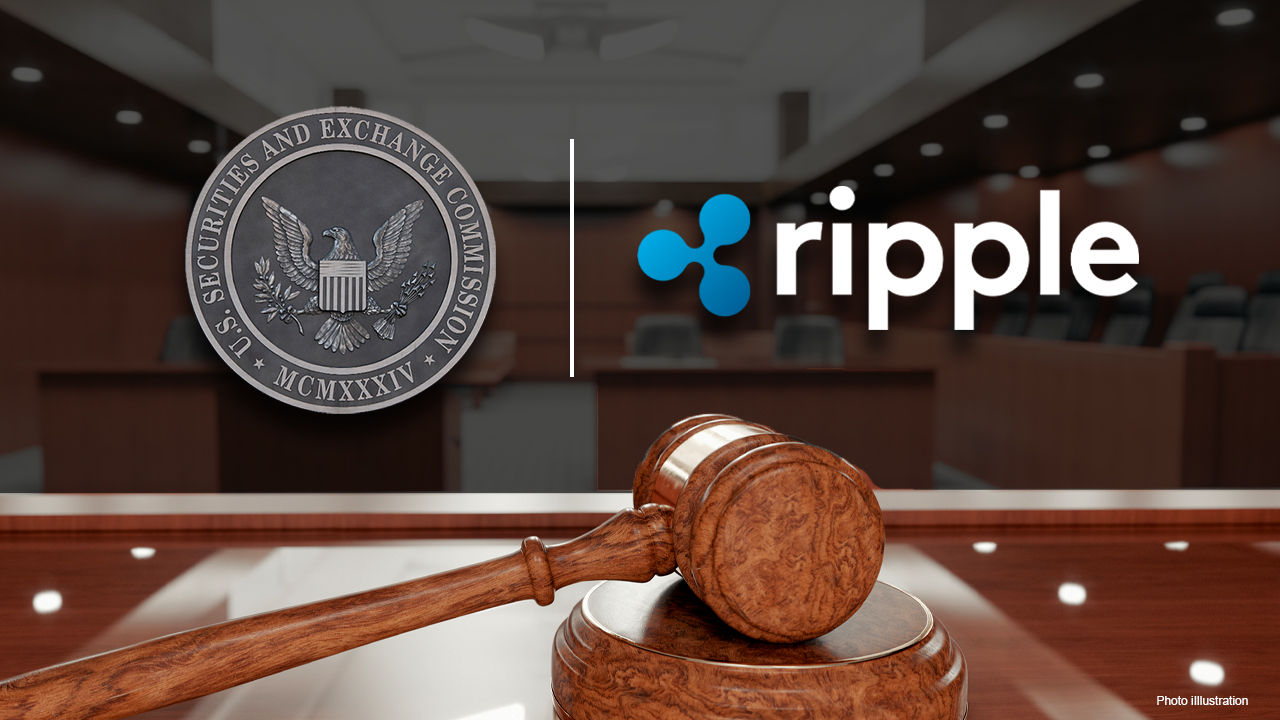Speaking at DC Fintech Week on Thursday, Garlinghouse explained that Ripple previously rejected a settlement offer from the SEC. “That feels really good. It feels like…There’s no chance they were going to win that,” he said, suggesting the proposal reflected Ripple’s strong standing in the case.
At issue is the regulatory status of Ripple’s XRP cryptocurrency. The SEC filed a lawsuit in December 2020 alleging Ripple conducted an illegal securities offering through XRP sales.
In a partial victory for Ripple, District Judge Analisa Torres ruled in July that XRP is not a security. However, she found Ripple’s institutional XRP sales may qualify as unregistered securities deals.
Bolstered by the latest ruling, Ripple is now seeking a definitive judgment from the Supreme Court on XRP’s status. The company aims to resolve regulatory uncertainty that has weighed on the third-largest cryptocurrency.
XRP prices recently surpassed $0.69, notching double-digit gains in November. The token has surged over 80% year-to-date amid optimism over Ripple’s legal prospects.
By taking the case to the Supreme Court, Garlinghouse aims to achieve clarity once and for all. He portrayed the SEC as obstructionist and expressed confidence the top court would find XRP not to be a security.
The SEC earlier declined to join the trial phase of the litigation. Garlinghouse said this reflects the regulator’s weak position after federal judges dismissed all charges against Ripple executives.




